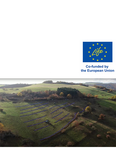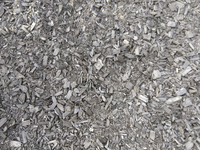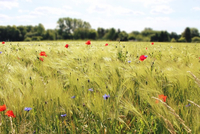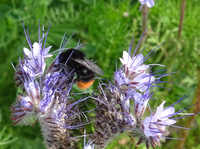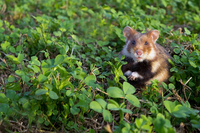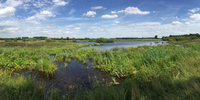Sustainable land use
Agricultural enterprises, like other enterprises, are influenced by various mainly economic factors. In the past, technical and economic developments have led to a situation in which an agriculture oriented towards the economic optimum often counteracts environmental quality objectives.
We deal with the analysis of the impact of agricultural land use on the environment. Therefore, we make use of our expertise in the areas of biodiversity, soil, water and climate protection, taking into account current scientific findings. One focus of our work lies in the analysis of various steering instruments, in particular the approaches within the common agricultural policy of the EU and its national and regional implementation, but also environmental and planning law. We include developments in other countries, also outside the EU, and focus on innovative and result-oriented approaches.
We prepare expert opinions that take into account the close links between agriculture and the environment as well as rural development. We evaluate the effectiveness of agri-environmental policy instruments and develop practical proposals for their further development, which also take into account possible conflicts of objectives.
Contact person at IfLS: Jörg Schramek (schramek[at]ifls.de, +49 (0) 69/9726683-14)
